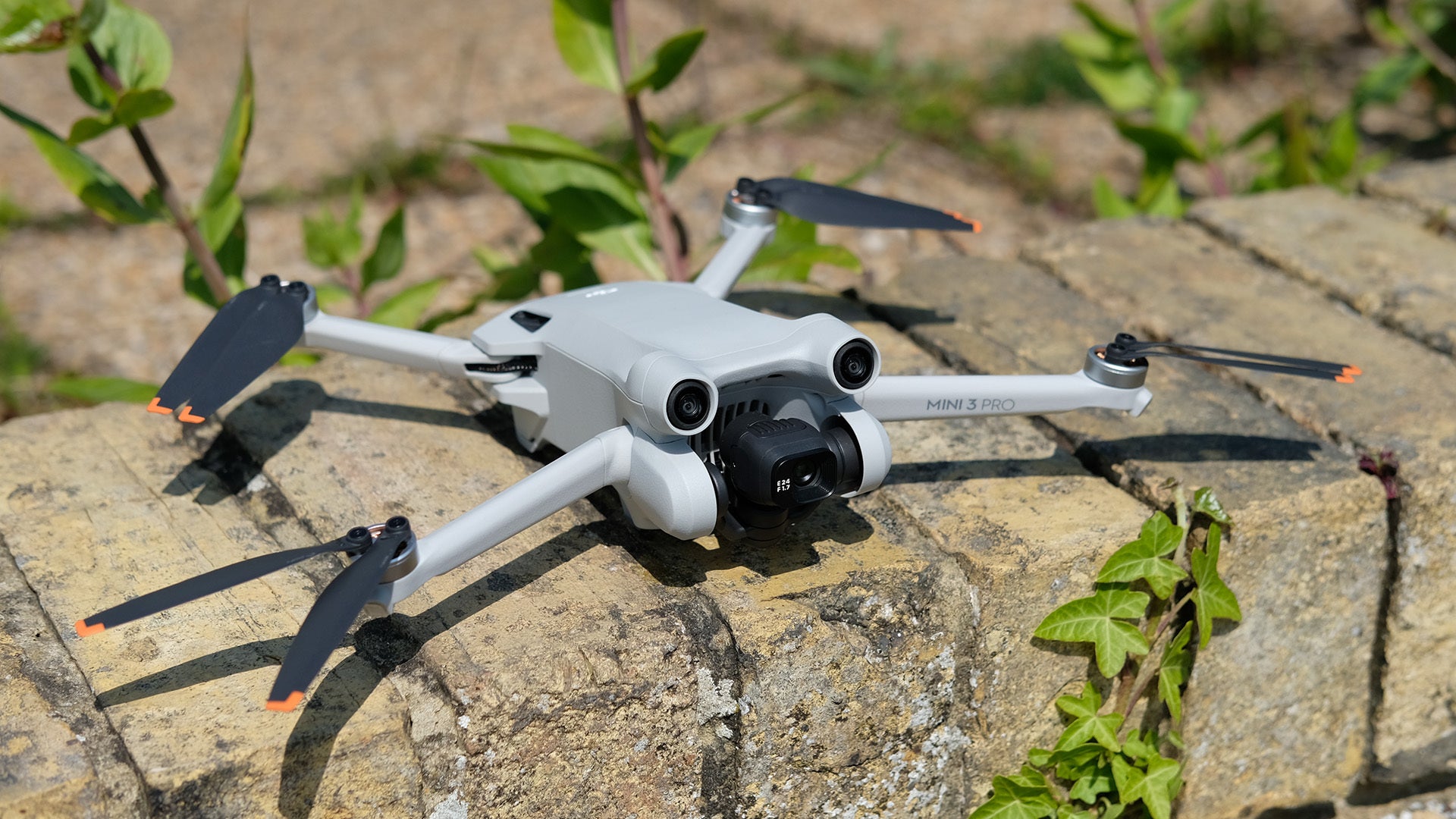Canon has announced the release of the ML-100 and ML-105 Multipurpose Cameras, a pair of industrial-use cameras that offer extremely low light imaging capabilities in small, modular form factors.
 |
Both the ML-100 and ML-105 use a next-generation 19um 35mm full-frame CMOS sensor. The sensor can capture Full HD (1080p) with a subject illumination of less than 0.0005 lux when set to their maximum 75dB gain setting (equivalent to roughly 4.5M ISO).
 |
 |
| ML-100 | ML-105 |
The two units are differentiated by lens mounts and video output configurations, resulting in four individual models. The ML-100 uses a CoaXpress terminal that produces 12-bit Raw video with a ‘region of interest’ feature that can bump up the frame rate to 164 frames per second at 720p. The ML-105 uses a 3G/HD-SDI video terminal and is capable of TCC 4:2:2 10-bit output powered by Canon’s Digic DV4 image processor. The two versions can be ordered with either an EF or M58 mount.
Although Canon doesn’t specifically mention it, these cameras appear to be, at least in spirit, the successors to its industrial-use ME20F-SH camera, which currently retails for around $20K.
The M58 mount version of the ML-100 multi-purpose camera is set to be released at the end of December 2020, while the three other models are scheduled for an April 2021 release date. No pricing information has been shared at this time.
The new DJI Mavic Mini 2 includes several notable improvements over the original Mavic Mini, including 4K video, Raw photo capability, and DJI’s robust OcuSync 2.0 transmission system.
Find out how the Olympus M.Zuiko 12-100mm F4 Pro does as a travel companion on a trip to Oz. We didn’t find many wizards or scarecrows, but we did see plenty of lizards and landscape scenes along the Australian coast.
Sony’s a7C is among the smallest full-frame mirrorless cameras you can buy, and in terms of core capability, not much has been sacrificed for the sake of compactness. It makes a great travel camera but isn’t as refine as the best of its rivals.
Autel Robotics released its long-awaited EVO II series drone this summer after several delays. With multiple cameras to choose from, and options that include 8K and 6K video, can this drone give DJI a run for its money?























